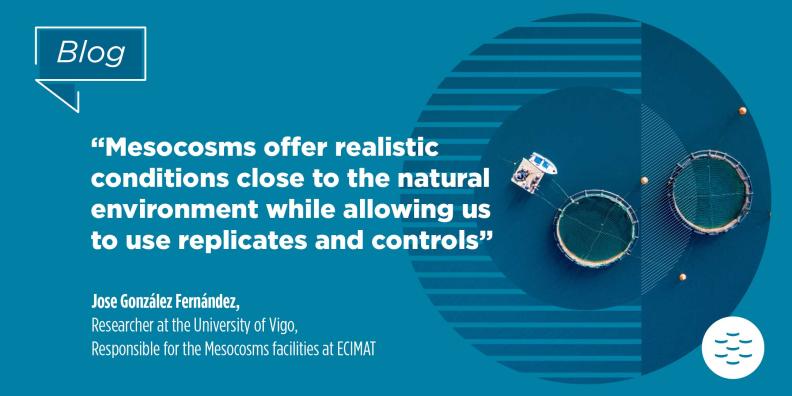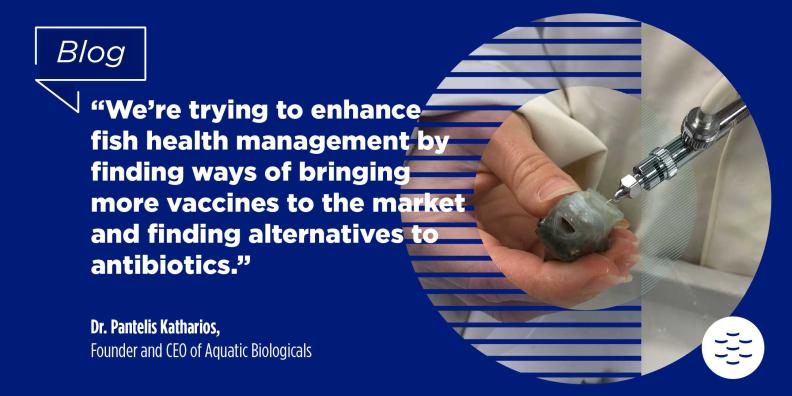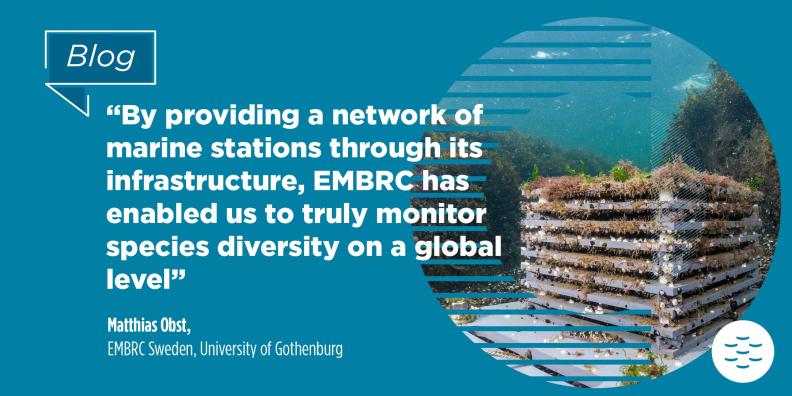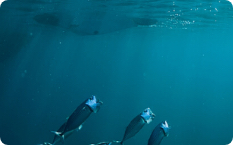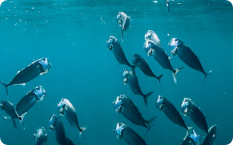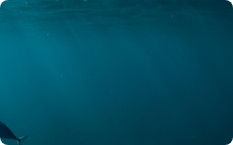EMBRC is attending the UN’s 2024 Ocean Decade conference in Barcelona (April 10–12) with our EU project MARCO-BOLO and the EMO BON observatory and will have a presence at two satellite events.
The science we need for the ocean we want
The UN Ocean Decade is a shared, global effort that builds on decades of achievements in ocean science and addresses critical societal issues such as climate change, food security, and pollution. By facilitating collaboration between key partners, the conference aims to foster innovation and boost progress towards meeting the 30x30 Goals.
The Decade’s vision – the science we need for the ocean we want – ties closely into EMBRC’s own work to push the frontiers of marine science and advance our understanding of the ocean to create a sustainable future.
Promoting scientific excellence
As a research infrastructure, EMBRC is working to promote scientific excellence, foster innovation, promote open science and support a sustainable blue economy for the billions of people who rely on our ocean. The Ocean Decade conference provides an important opportunity for the marine community to meet and discuss how we can work together to meet the 30x30 Goals.
We’ll be present at the 2024 conference through our EU project MARCO-BOLO and the EMO BON observatory. In particular, we’ll be contributing to the discussion around creating a sustainable ocean future through two satellite events.
Life on Shore: Effective Marine and Coastal Restoration for Nature and People
EMBRC’s EU project MARCO-BOLO will be presented at this satellite event focused on marine and coastal restoration. It’s no secret that effective conservation and restoration must be backed up by good scientific data. This discussion will explore the role marine biodiversity observation plays in restoring ocean health.
Funded by the EU Horizon Europe programme (along with UKRI), MARCO-BOLO is a €7.3 million, 4-year project that will strengthen European marine, coastal and freshwater biodiversity observation to understand and restore ocean health. Led by EMBRC-ERIC (France), the MARCO-BOLO consortium brings together 28 organisations from research, industry, government and the not-for-profit sectors with the goal of influencing policy and decision-makers to create lasting, positive change in Europe and beyond.
Join the ‘Life on Shore’ satellite event to find out more.
How will Ocean Decade biological observation programmes address the Vision 2030 recommendations to protect and restore ecosystems and biodiversity?
EMBRC is also attending a second satellite event organised by the Ocean Biomolecular Observing Network (OBON) and Marine Life 2030.
At this event, we are displaying a poster presentation about the European Marine Omics Biodiversity Observation Network (EMO BON) and our Data Scientist Christina Pavloudi will be on hand at the OBON stand to answer any questions about the observatory.
Endorsed by the UN Decade’s OBON programme, EMO BON is a genomic observatory made up of 8 participating countries with 16 marine sites from the Arctic to the Red Sea (2023). It is helping to boost marine biodiversity data collection across Europe and beyond, and aims to fill current gaps in biological observation.
By supporting Open Science and FAIR data principles, EMO BON is helping to ensure important marine biodiversity data is disseminated across the scientific community, giving its genomic research a longer lifetime.
The observatory also meets SDGs 3 (Good Health and Wellbeing), 9 (Industry, Innovation and Infrastructure), 13 (Climate Action), 14 (Life Below Water) and 17 (Partnerships for the Goals). As well as advancing marine research, EMO BON will have positive societal and political impacts by fostering industry innovation, promoting a sustainable Blue Economy and influencing decision-makers to ensure marine policies and management programmes are science-based.
Join the biological observation programmes event to find out more.
For more information about the Ocean Decade conference events: https://oceandecade-conference.com/programme.php












